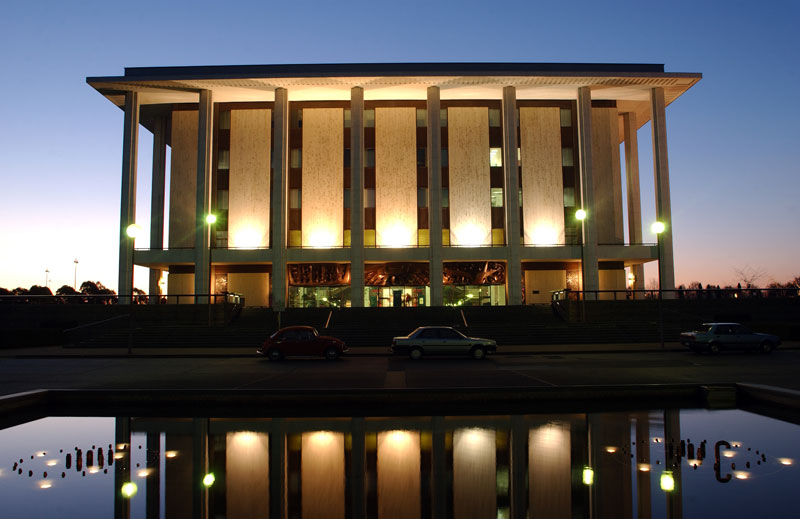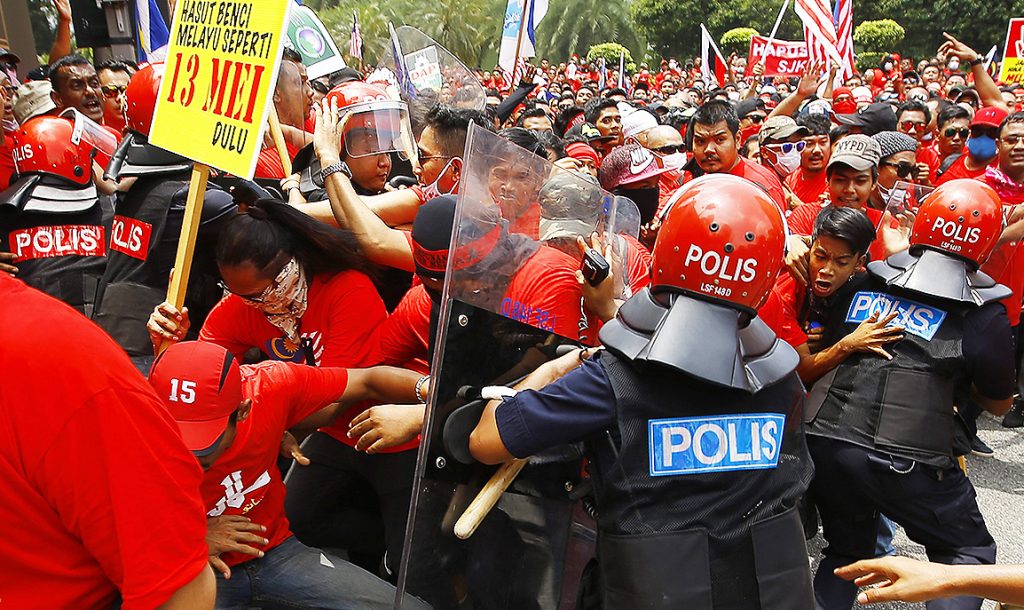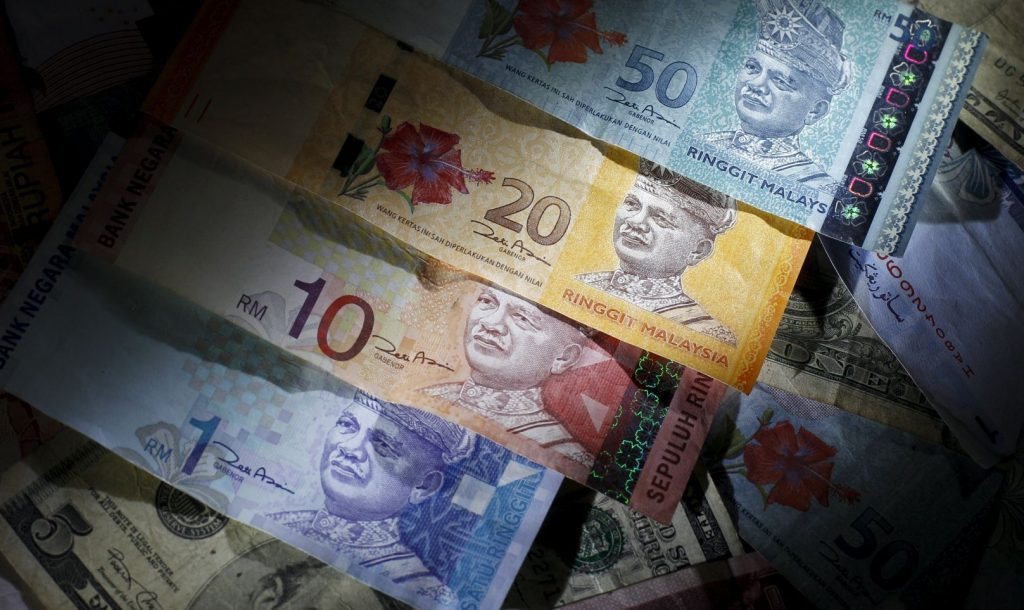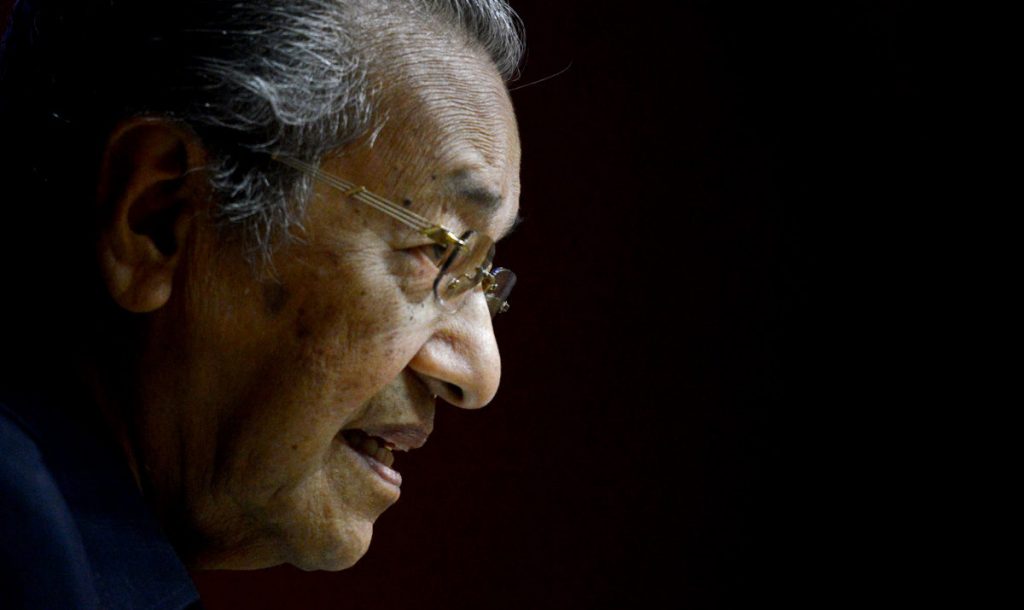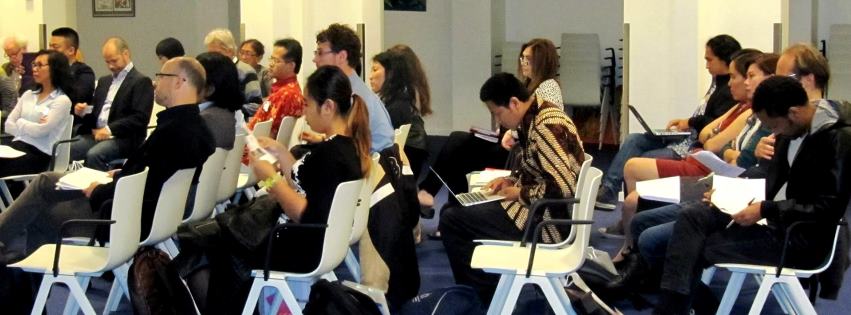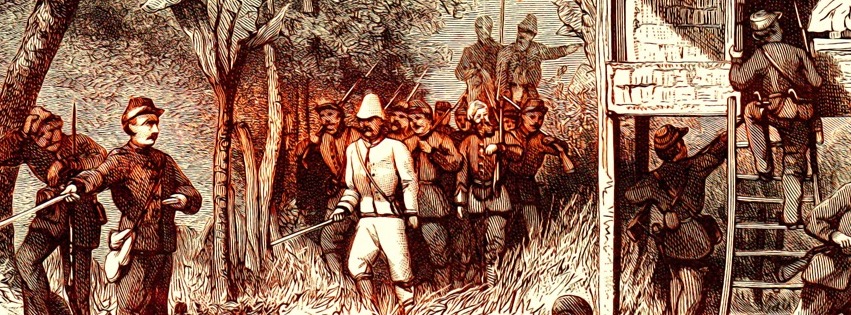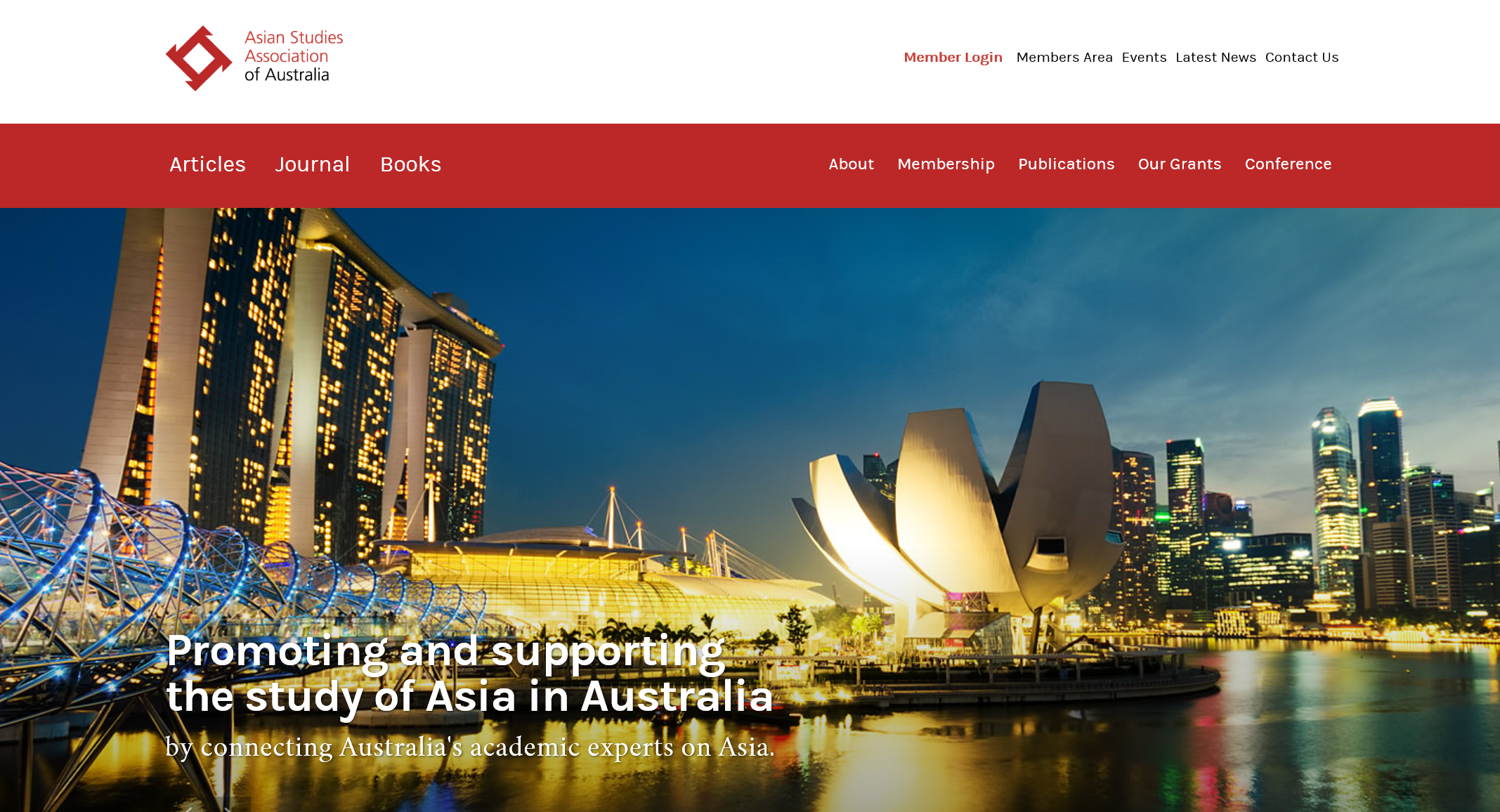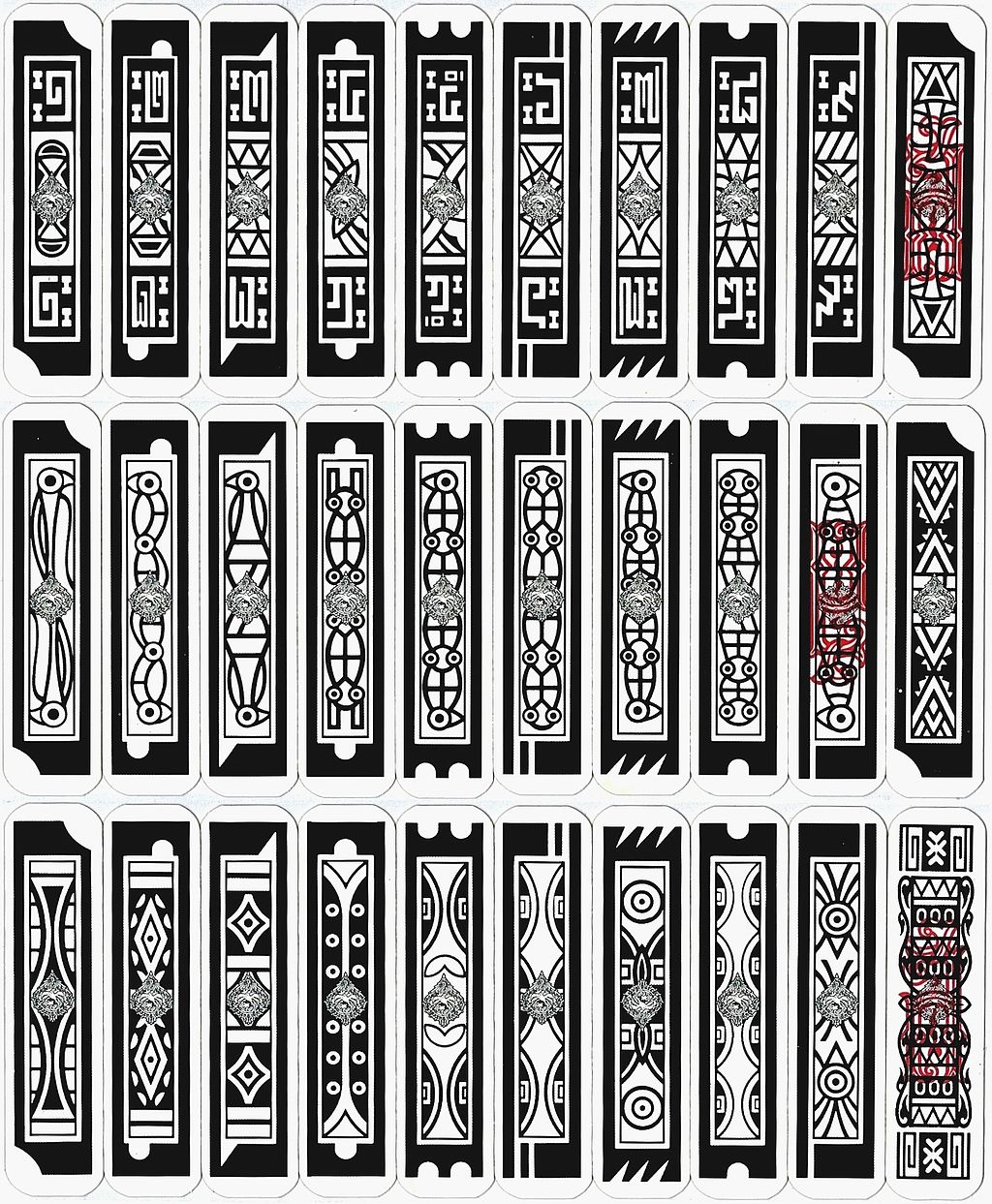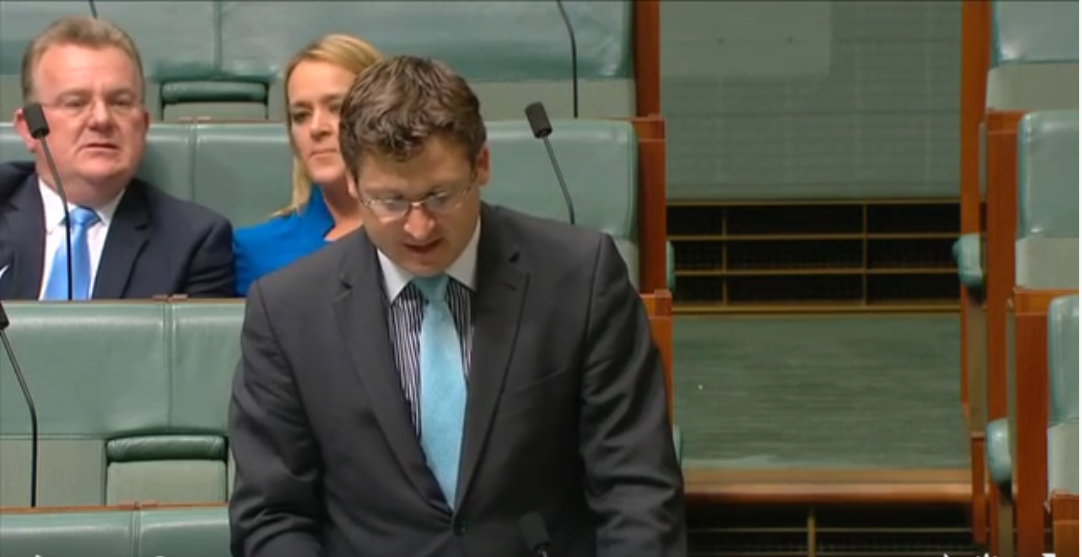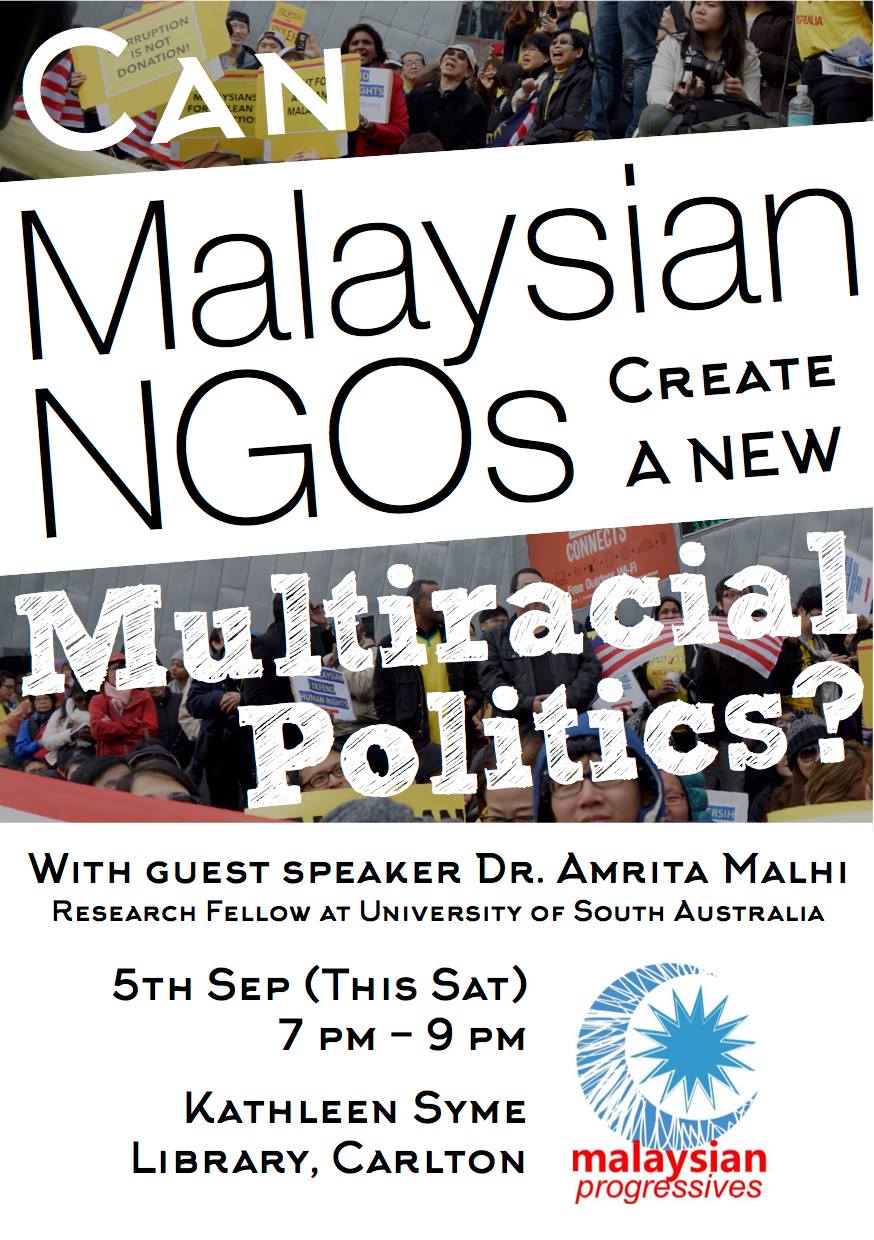Image: National Library of Australia.
The recent conference of the Asian Studies Association of Australia featured a roundtable by librarians and library users on Asian Studies collections. I spoke at this roundtable and made the point that Malaysia’s 2013 election generated a vast amount of printed and digital ephemera that could be lost if Australian libraries do not make a point of collecting it. Perhaps if moves are made to develop a national collections strategy for Asian Studies materials, then this situation could be rectified.
I spoke at this roundtable and made the point that Malaysia’s 2013 election generated a vast amount of printed and digital ephemera that could be lost if Australian libraries do not make a point of collecting it. Perhaps if moves are made to develop a national collections strategy for Asian Studies materials, then this situation could be rectified in line with an agreed set of priorities for libraries interested in Asia.
A full report of this discussion is available from the Australian Library and Information Association.
